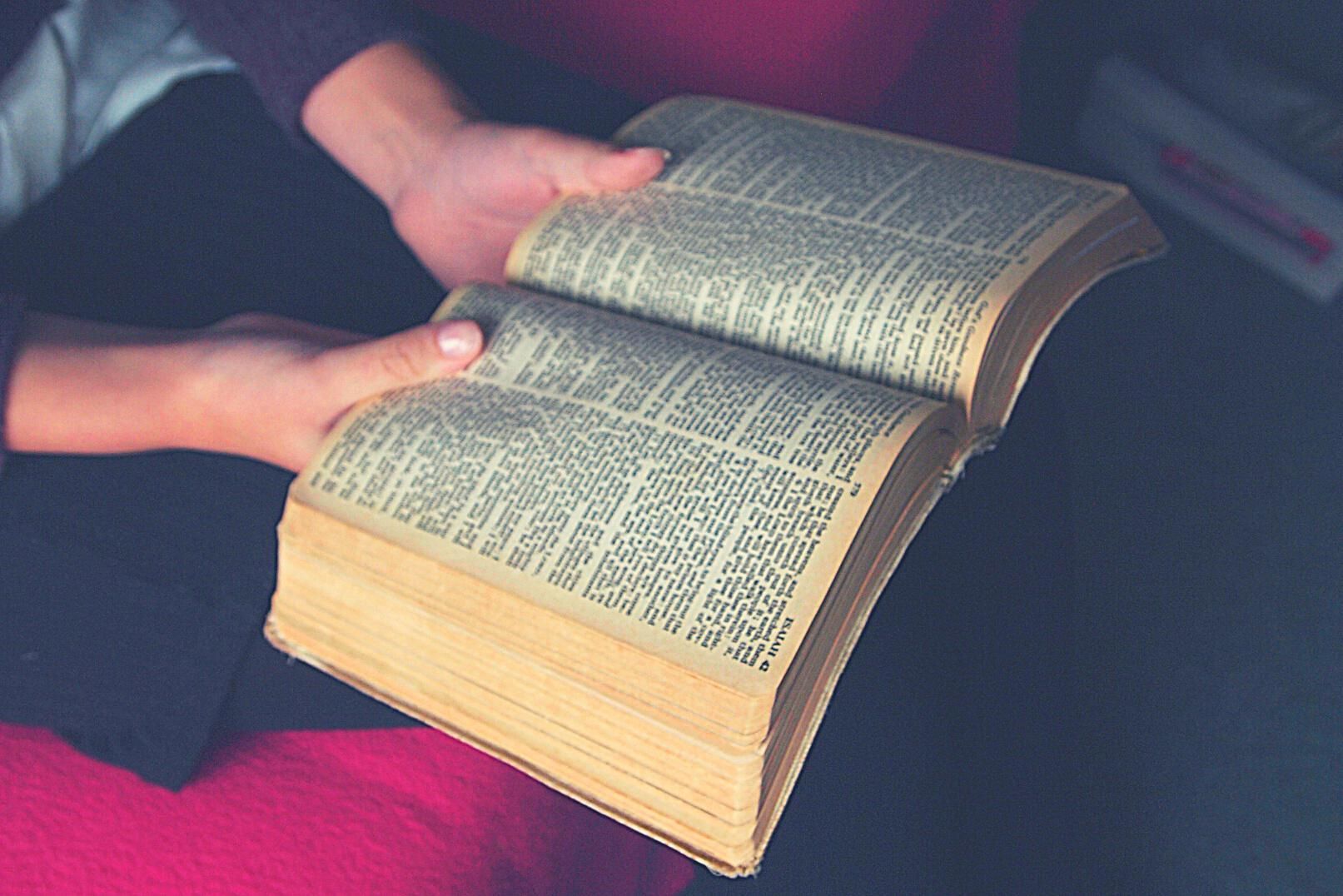The Gift of Christmas: Peace on Earth and Justice for All

Stores are bursting with Christmas trees, decorations, and elaborate gifts. Loudspeakers blare songs like All I Want for Christmas, Jingle Bell Rock, or White Christmas. But the question is: What does any of this have to do with Christmas? There is no doubt that although Christmas originally celebrated the birth of Jesus, by the 20th century it had become a more secular family holiday that foregrounds Santa Claus and gift giving and is observed by Christians and non-Christians alike.
As a Christian, I have long heard the saying “Let’s keep Christ in Christmas!” The question I ask myself is how do we do this or even can we do this in an age when we are constantly told that talking about our faith is tantamount to shoving it down others’ throats. Some even tell us that in order to be inclusive, we cannot refer to Christmas, for that will make those of non-Christian faiths feel uncomfortable, or excluded. In response, many schools forbid holding Christmas concerts, or singing Christmas carols; holding instead winter solstice or holiday concerts (that just happen to coincide with the Christmas season). Towns still dress their streetlamps with candy canes and garlands, and of course the lighting of the Rockefeller Christmas Tree (now called Holiday Tree), adorned with 50.000 lights, has been a symbol of the season in New York since 1931. And in stores, one often hears people shouting “Happy Holidays” instead of “Merry Christmas” or less familiar greetings such as “Happy Hanukkah, Diwali, or Kwanzaa.”
Yet, when I say “Happy Holidays” to those clearly of other faiths, I am often surprised to hear back “Merry Christmas!” In some ways, they are being more inclusive than I am because I believe that inclusion requires recognition and celebration of all perspectives. We are not being inclusive just because we replace singing carols with secular songs. We are not changing anything by renaming a Christmas tree a holiday tree. We are not being respectful if we suppress our identity and religion in order to make others comfortable. Instead, we must celebrate all peoples, all faiths, all perspectives as we treat everyone with absolute regard, and as we honour our common humanity as children of God. In other words, suppressing one tradition is a futile and unsuccessful approach to showing respect and acceptance for all.
Being inclusive does, however, require sensitivity. Even as we celebrate our own traditions, if we see a menorah, we can ask about its meaning and why there are seven lamps. If we have Muslim friends, we might ask them how they feel about the season and about their traditions and beliefs. We can consider the meaning of Kwanzaa, and why African Americans felt the need to create a celebration that highlights their culture and traditions in a separate celebration.
So what does it mean to put Christ back in Christmas? It means we follow his example. The gift of Christ came to us in humility, laid in a manger, a reminder of God’s loving redemption of the world. And we too ought to be humble, a living example of God’s love for the world. According to tradition, wise men (or magi) brought Christ gifts: gold for one who would be king, frankincense for one who was to be a high priest, and myrrh for one who was to die. These offerings represent the gift of Christ himself—one who was to sacrifice himself for others, to point to the love of God, and bring hope for a future of abundant love. The wise men took to Jesus gifts that honoured and worshipped him as the one who came to offer a new world order, which would overcome conflict, hate, and self-interest, and establish peace, love, caring, and hope. Keeping Christ in Christmas requires that we, too, work for a new world order—one without strident divisions, violent conflict, hatred and polarization.
In a time when incidents of anti-Semitism and Islamophobia are increasing; when Black citizens are being vilified by receiving ugly, racist letters; when homeless shelters are overflowing; and lines at food banks wind interminably, the peace and love of Christmas are sorely needed. Jesus said (Luke 4:18) that he had been anointed to “proclaim good news to the poor, freedom for prisoners, and to set the oppressed free.” The glad tidings of Christmas are that we can do the same, for we are told in Matthew that as we do to the most needy among us, we are doing to Christ.
In this Christmas season, as Christians reject the crass materialism that surrounds us, we must bring the gifts of healing, love, and hope to a broken world. We must learn to be inclusive, making space for alternative traditions and perspectives, even as we celebrate our own. We must work for a new world order of respect, equity, inclusion, and justice. At a time when one percent of humanity owns over half the world’s wealth, a time when political loyalty seems more important than public service, and when families often eschew Christmas dinner because tensions are so great, it is time to reconsider our roles.
The true gift of Christmas was not wrapped in fancy paper with a frilly bow; it did not come from a store, and was certainly not purchased online. Honouring Christ by following his example of service, respect, inclusion, equity, and love is the way to keep Christ in Christmas. As we celebrate Christmas this year, let us each commit to spread the message of acceptance, love, and hope to the world around us.